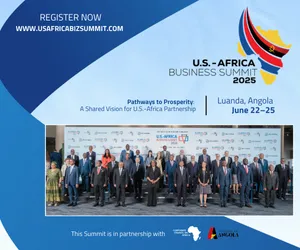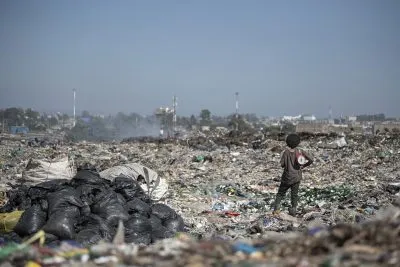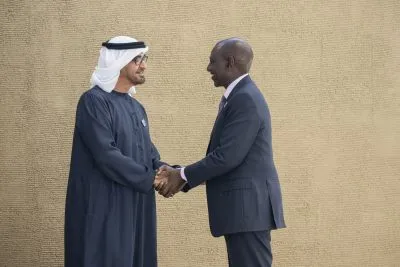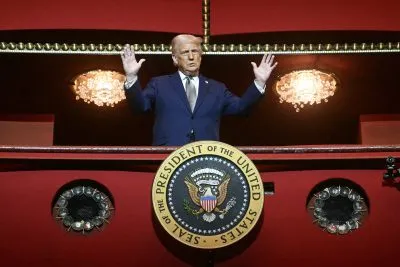As argued in our Cover Story on African agribusiness (page 20), it is clear that agriculture must take centre stage in African economic development because of the sheer number of people who work in the sector. It is perhaps even more important in Ethiopia, where about 85% of the working population is employed in agriculture.
At present, two main export crops are cultivated in the country: coffee and flowers. The former is a long-term staple with an excellent reputation but the big success over the past decade has been the emergence of a globally important flower sector, which in turn has been enabled by Ethiopian Airways’ cargo arm.
Coffee exports generated $840m in export revenues in 2010 out of total global coffee income of $15.4bn. Most beans are exported unroasted, leaving foreign roasters to gain the commercial benefit of this process.
Although coffee originated in Ethiopia, the country is now only the fifth-biggest producer in the world, after Brazil, Vietnam, Colombia and Indonesia. This is partly because yields are low at an average of just 0.72 tonnes per hectare. In addition, most Ethiopian production is organic but has not secured organic certification because of the way in which it is marketed. Fair trade coffee is becoming increasingly popular among consumers but many farmers are paid too little for their production. Coffee consultant Willem Boot says: “Ethiopian coffees are still too moderately priced for what they are worth. Their speciality coffees are significantly better than others and are really undersold.” The key to securing higher prices is ensuring marketing cooperation between farmers.
However, coffee farmers do appear to have benefited from the formation of the Ethiopia Commodity Exchange in 2008. The exchange was set up to enable producers to secure a better price through improved access to information and is now established as a trading platform for agricultural commodities such as coffee, maize, white pea beans and sesame seeds. The former head of the exchange, Eleni Gabre-Madhin, has now set up her own company, eleni LLC, to develop more commodity exchanges in Africa to ensure greater price transparency for African farmers.
She says: “It’s time the world looked to our markets as a reference. There’s no reason why we shouldn’t have a West African cotton index that the world refers to, or an East African coffee index or African sesame seed index. The Ethiopian experience is a scratch on the surface of what we’re going to do with Africa.” The company recently secured $5m in seed capital from the 8 Miles African private equity fund, which was set up by Bob Geldof.
New agriculture investments
Last year, Shultze Global Investments launched a $100m equity fund investing in Ethiopia, including in agriculture. A spokesperson for the fund said: “Ethiopia offers significant opportunities for investors. Anything grows in Ethiopia with the various climate and soil diversities that we have. That also follows through to the agricultural value-added chain with processing and exports.”
There is certainly scope for much greater production. An estimated 70% of Ethiopia’s arable land is uncultivated, while just 25% of the country’s yield potential has been achieved. While farmers will benefit from reservoir water to irrigate their land, agricultural practices should also benefit from the power produced by the hydro schemes.
The government hopes to achieve total national electrification by 2020. Estimates vary but the current figure currently stands at about 10-20%, so this is perhaps the most ambitious electrification programme in history.
However, national distribution infrastructure already allows 58% of the population to access electricity in their homes if they can afford it. In practice, many rural families cannot afford the $75 connection charge, so EEPCo is now providing low interest loans to cover the fee. Once connected, electricity can be used to help Ethiopia’s millions of smallholders in their work
Want to continue reading? Subscribe today.
You've read all your free articles for this month! Subscribe now to enjoy full access to our content.
Digital Monthly
£8.00 / month
Receive full unlimited access to our articles, opinions, podcasts and more.
Digital Yearly
£70.00 / year
Our best value offer - save £26 and gain access to all of our digital content for an entire year!

 Sign in with Google
Sign in with Google 





